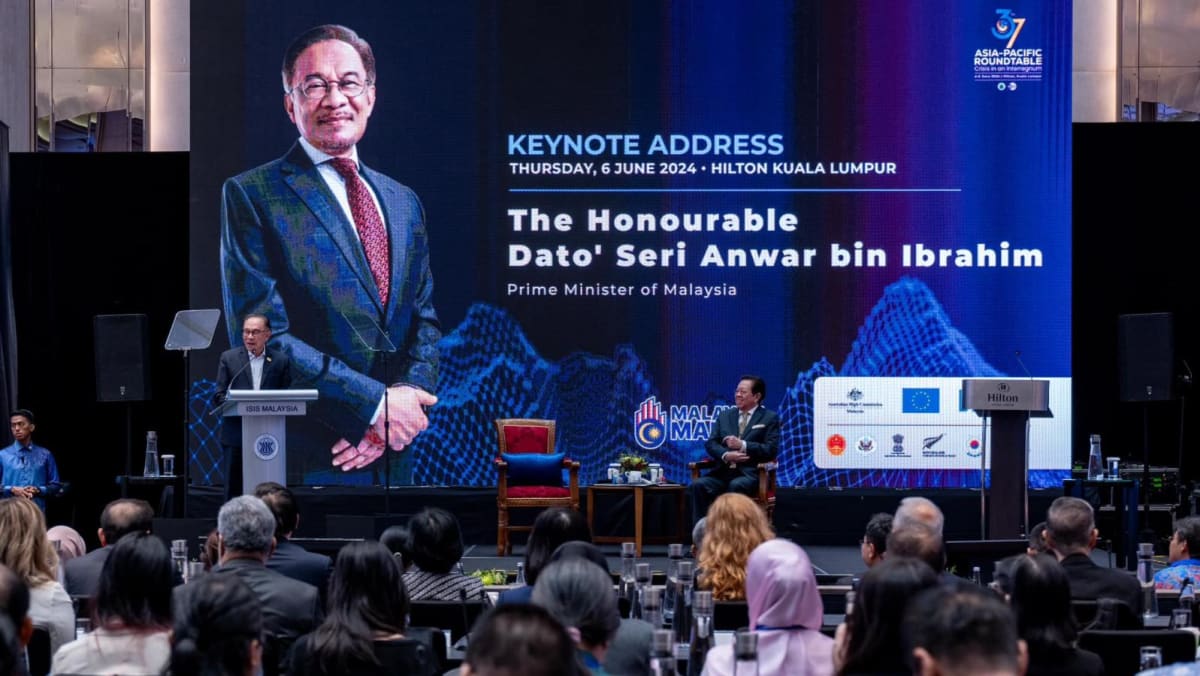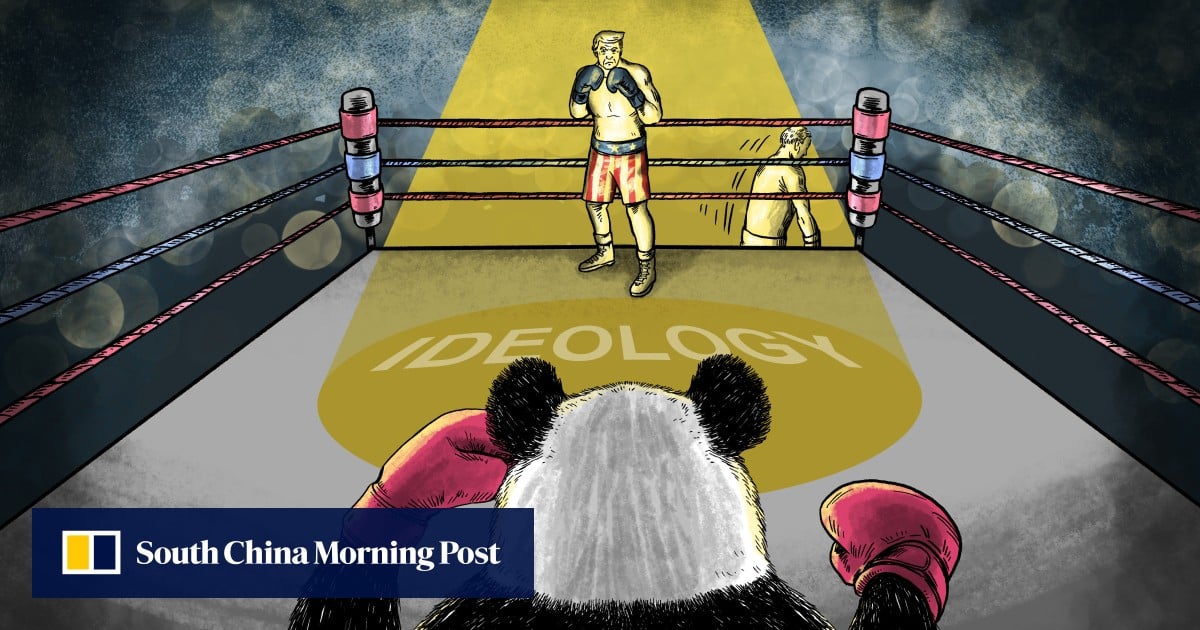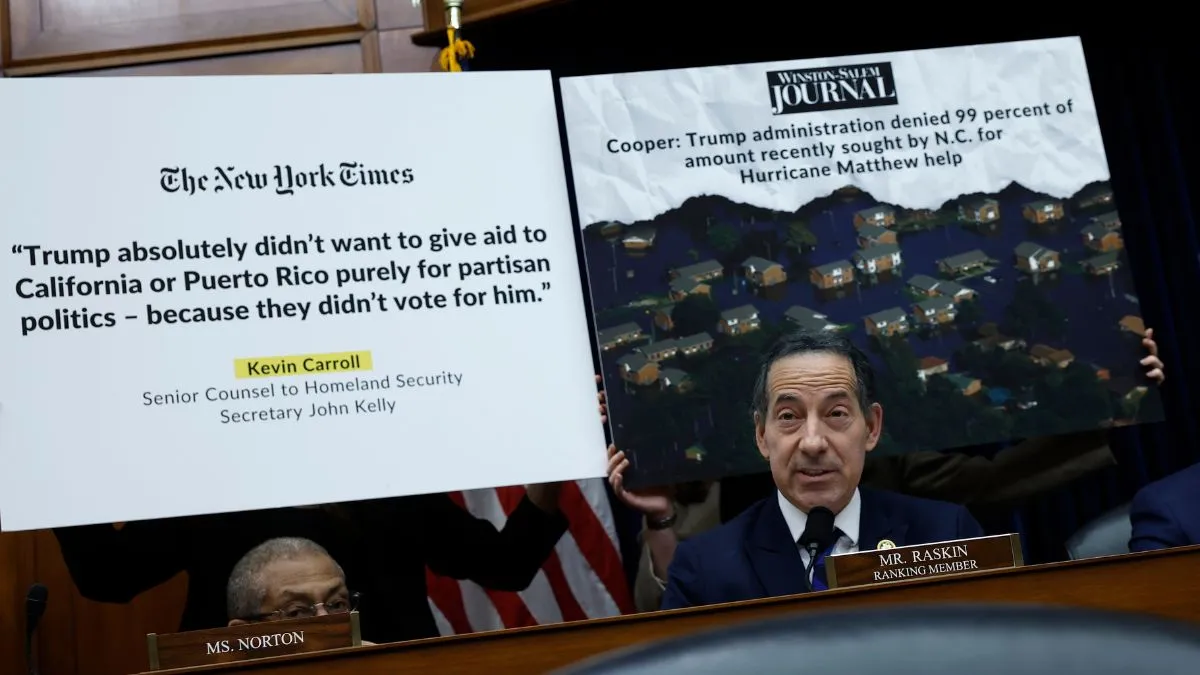Mr Anwar dismissed suggestions that Malaysia was “tilting to one side” amid US-China tensions, as his country has consistently voiced concerns about the reluctance of the US and the West to apply pressure on Israel in its war in Gaza.
“This is not only an oversimplification but a gross misperception of our national interests and character,” he said, adding that Malaysia is fiercely independent and will continue to strive for its national and strategic interests.
The Malaysian prime minister also reiterated calls for a comprehensive reform and expansion of the United Nations Security Council (UNSC) to ensure equitable regional representation and reflect “current realities”.
The five permanent members of the UNSC – China, France, Russia, the United Kingdom, and the United States of America – are all from what has been termed as the Global North, in contrast to the Global South, which generally represents developing countries in Asia, Africa, and Latin America.
The distinction traditionally groups countries based on their defining characteristics with regard to socioeconomics and politics.
For instance, most Global South countries are commonly identified as lacking in their standard of living, which includes having lower incomes and high levels of poverty.
Mr Anwar said on Thursday that divergences between the Global North and Global South are no longer about development, but distinctly ideological, experiential and perceptual factors.
“In the battle for inclusion, it represents the reclaiming of a voice not to be ignored in the international order. We see a reflection of this in the urgent call for restructuring the United Nations.”
WHAT MALAYSIA COULD DO WITH ASEAN
Associate Professor Chong Ja Ian, who researches international relations at the National University of Singapore, said many of ASEAN’s mechanisms were developed between the 1990s and early 2000s in anticipation of the bloc playing a larger role in promoting regional stability, including in confidence building and preventive diplomacy.
“Their use has been very limited so far, with a focus on ASEAN convening meetings rather than taking greater initiative,” he told CNA.
For instance, the ASEAN Regional Forum currently comprises 27 participants, including ASEAN member states as well as the US, China, Russia, the European Union, South Korea and North Korea.
The forum, started in 1994, aimed to be an effective and consultative Asia-Pacific platform for promoting open dialogue on political and security cooperation in the region.







